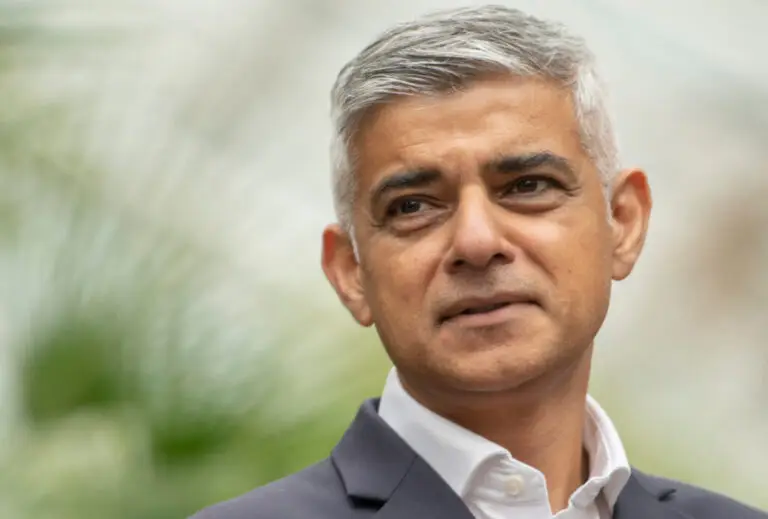“Do you think it’s going well?”
This was the most frequently asked question I heard at the Conservative Party Conference this week, and the answer from many members started with a deep sigh.
It was certainly not the start to her premiership that Liz Truss would have wanted, and her first Party Conference was plagued by challenges from the very start. Having committed to her policy of cutting the top rate of income tax on her Sunday broadcast round, the Prime Minister was pushed into a humiliating U-turn on Monday morning, reversing her decision to cut the 45p top rate of tax for the highest earners. For a Prime Minister who modelled her fledgling premiership on a stiff resolve and a capacity to carry through unpopular policies for the sake of economic growth, it was not an ideal start to the week.
“Have you seen who’s here?”
Disruptive too were the protestors – both inside and outside the party.
Guests attending the Conference were greeted by a range of protestors on their way into the Conference Centre in Birmingham, and Liz herself was greeted by protestors in the hall as she made her keynote speech to the party faithful on Wednesday.
However, it was the protestors from inside the party who really made her life difficult this week. MPs of all sides of the party took to the airwaves before and during Conference to air their views, none with more impact perhaps that Michael Gove and Grant Shapps, who made direct challenges to the Prime Minister’s proposed cut to the top rate of tax.
“Have you seen who isn’t here?”
As important as the people who turned up were those who stayed away. Many Parliamentarians avoided Conference this year, including Truss’ leadership rival Rishi Sunak, who preferred to spend his time in his constituency “to give Truss all the space she needs to own the moment”. Hardly a ringing endorsement.
Boris Johnson was also a notable absentee; although his name wasn’t far from the lips of the membership, many of whom are crying out for his return.
This is a Party divided, both in the Parliamentary Party and at broader the supporter and membership level.
‘Were you at Labour Party Conference last week?’
This was the second most frequently asked question to those in attendance, and for good reason. The Labour Party Conference had been the most successful in many years, with minimal infighting or controversy, and a shift to a more professional and business-friendly agenda.
For the first time in a long time, those at the Conservative Party Conference are seeing Labour as a genuine threat to electoral majority – particularly with the lead in the polls which Labour are enjoying currently.
‘What is next?’
Although dogged by protestors and challenges, Liz Truss has ended the Conference season with a semblance of stability.
Her party – at times at Conference in open revolt – go back to Parliament next week, with a greater sense of calm than they started this week. Although having fired behind-the-scenes election guru Issac Levido, the Prime minister may face further negative reaction from Tory MPs.
Truss faces many challenges between now and the end of the year, never mind the election in 2024. The are substantial policy challenges which are impacting on people right across the country, from inflation and the cost-of-living crisis, to the significant challenges faced by the NHS and the care system.
There are Parliamentary challenges too. Major pieces of law are currently stalled in the legislative process – including the wide ranging Procurement Bill, and the Data Protection and Digital Information Bill, aimed at reforming GDPR – having paused during the summer recess, the Conservative Party leadership election, and the resulting reshuffle. Passing those will be a challenge, never mind trying to introduce new legislation to support her own policy priorities.
And with the Labour Party feeling buoyant, Liz Truss has challenges every way she turns.
For her, the ‘what next’ might just mean getting through the next week unscathed.





